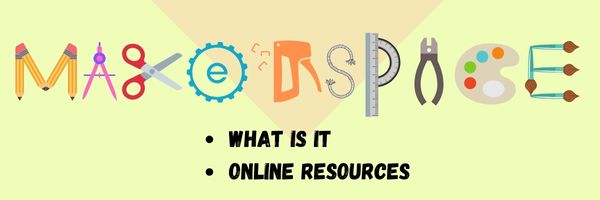Hi Readers, Caregiver dilemmas are far-reaching and in this post, I am focusing on caregiver stress and burnout. Rosalyn Carter is often quoted for her observation that “there are only four types of people in the world: (1) those...
Hi Readers, Caregiver dilemmas are far-reaching and in this post, I am focusing on caregiver stress and burnout.
Rosalyn Carter is often quoted for her observation that “there are only four types of people in the world: (1) those who have been caregivers, (2) those who currently are caregivers, (3) those who will be caregivers, and (4) those who will need caregivers.”
This TED Talk is GREAT! https://www.ted.com/talks/linda_ercoli_self_care_for_caregivers
Linda Ercoli, PhD, discusses caregiving dilemmas and coping. She created an easy to remember acronym that helps caregivers remember to stop and care for themselves. Caregiver burnout is a serious health threat.
S = Sand. Don’t stick your head in it.
S = Support group. Find one.
U = Uplift yourself every day. Find the blessing in caregiving. No regrets.
P = Personal. Don’t take things personally.
R = Respite. Completely get away for at least 20 minutes daily. Not negotiable! Mental respite = don’t sweat the small stuff. Let it go. White lies are okay. It is more important to be kind than to be correct.
Pearls of Wisdom from Dr. Ercoli:
“Love them but love yourself, too. Support them, but support yourself, too. Help them but allow yourself to be helped. Take care of yourself.”
Facts from AARP report on caregivers in the USA:
The report highlights the nearly 48 million caregivers caring for someone over the age of 18. Key findings include:
Nearly one in five (19%) are providing unpaid care to an adult with health or functional needs.
More Americans (24%) are caring for more than one person up from 18% in 2015.
More family caregivers (26%) have difficulty coordinating care up from 19% in 2015.
More Americans (26%) are caring for someone with Alzheimer’s disease or dementia up from 22% in 2015.
More Americans (23%) say caregiving has made their own health worse up from 17% in 2015.
Family caregiving spans across all generations, including Boomers, Gen-X, Gen-Z, Millennials, and Silent.
61% of family caregivers are also working.
More Caregiving Resources
Informal Caregivers in the United States: Prevalence, Caregiver Characteristics, and Ability to Provide Care:
National Research Council (US) Committee on the Role of Human Factors in Home Health Care. The Role of Human Factors in Home Health Care: Workshop Summary. Washington (DC): National Academies Press (US); 2010. 7, Informal Caregivers in the United States: Prevalence, Caregiver Characteristics, and Ability to Provide Care. Available from: https://www.ncbi.nlm.nih.gov/books/NBK210048/
Meaning and Hope Institute. https://meaningandhope.org/caregivers/
MMLearn.org. Caregiver Training Videos. Online education for those caring for older adults: https://www.mmlearn.org/
Family Caregiver Alliance https://www.caregiver.org














